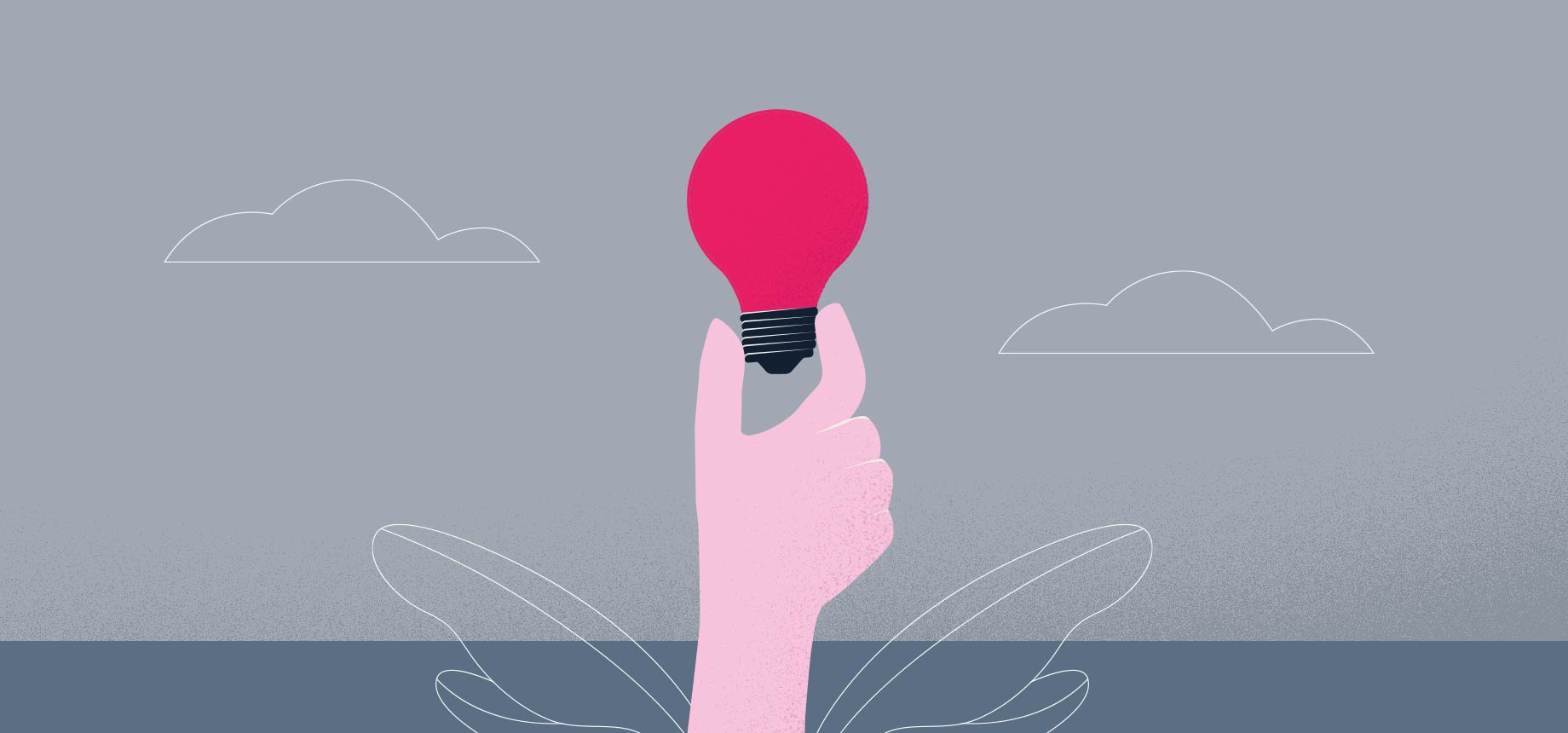
Have you ever wondered why innovative ideas are so passionately rejected by some people? Back in the 1980s and 1990s, there were a lot of skepticals of the potential of the Internet. Nowadays, it is impossible to think of a world without it.
Mariano Gomide de Faria, co-CEO at VTEX, and David Schonthal, Entrepreneurship Professor at the Kellogg School of Management and best-selling author, sat down at a post-NRF panel to discuss consumer behavior, resistance to change and what retailers can do about it.
You can watch the full talk, in English, here. Below, we bring you the highlights and main topics of the 50-minute conversation.
In a world that has been heavily impacted by a sanitary crisis in the last couple of years, it is fundamental to stay competitive and never stop seeking innovation. Online retailers, especially, have seen the business model advance greatly since 2020, with the evolution of AI-powered tools, new cross-border commerce possibilities, live shopping and more.
Even though innovation can only benefit customers and companies, making their lives easier, still both parts constantly resist it. Such a situation is present not only to the commerce industry but many others and in many different situations. And that is because of the Friction Theory.
David Schonthal touches upon this theory in his book The Human Element: Overcoming the Resistance that Awaits New Ideas. It all exists in the juxtaposition of the power of new ideas and how they will be received by everyone else. The goal is to understand and, ultimately, try to control this resistance.
Keeping that topic as a guide, Mariano and David led a talk about innovation, failure, motivation and building a future-proof vision. Below are some of the highlights.
To take the first step in building or launching a new, never-before-seen idea, a business owner needs a plan and the courage to take the first step towards the desired direction. Making decisions during tough times and constantly adapting while the idea is being developed and once perceived by the public are the most important parts of it all. Listen to David’s example of General Mills’ instant cake mix, launched in the 1930s.
According to Schonthal, there are four reasons for resistance in consumer adoption to certain products or services.
Most times, the issue with resistance is directly related to customers’ brains and their mentality, so the endgoal is understanding the factors that lead to this friction and how to overcome them.
Failure should be seen as data, not only by scientists but by everyone. When you get comfortable with failing, new ideas and adaptive strategies can be better developed through the simple process of trial and error. You shouldn’t be afraid of committing to ideas, even if they fail.
Watch the full talk to get even more insights here.

